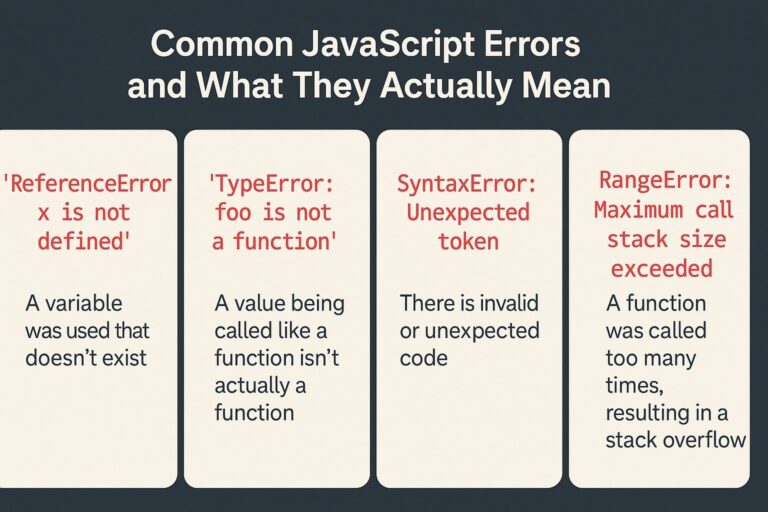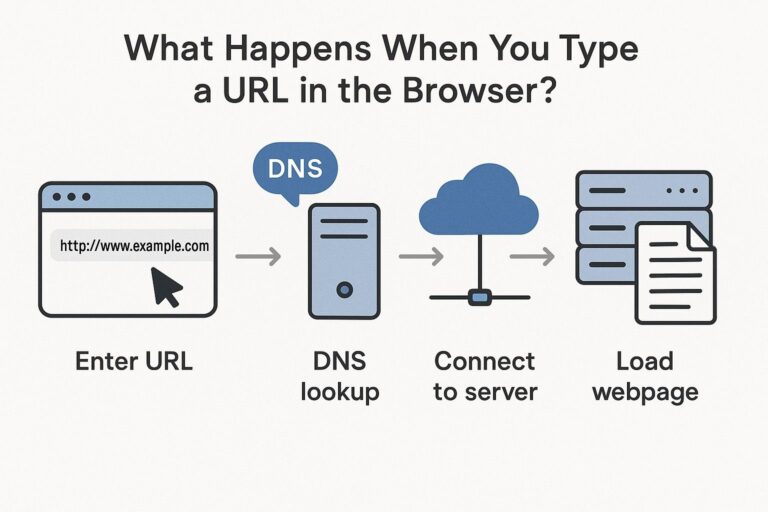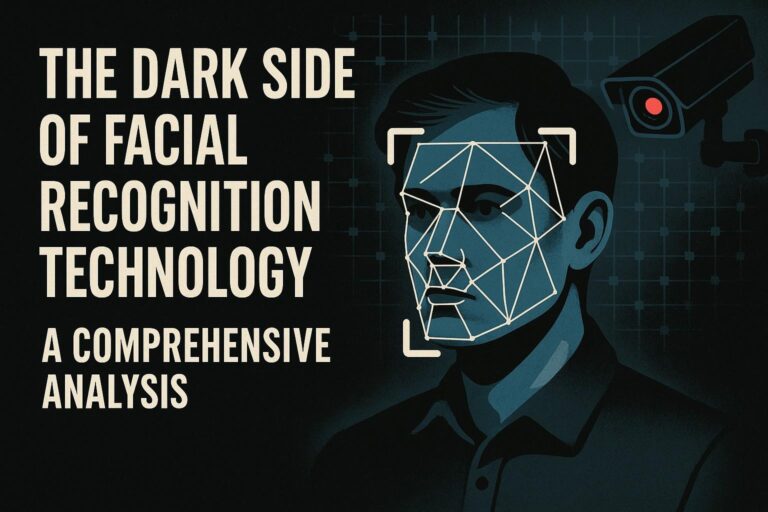
As digital transformation accelerates across industries, the demand for skilled IT professionals is reaching new heights. Businesses worldwide are investing in technologies like cloud computing, artificial intelligence, and cybersecurity to stay competitive. To meet this demand, professionals need to continuously upskill and align with the evolving tech landscape.
This guide outlines the top IT skills in demand for 2025. Whether you’re entering the tech field or advancing your career, mastering these skills can significantly enhance your employability and earning potential.
1. Artificial Intelligence and Machine Learning
AI and ML continue to top the list of in-demand skills due to their transformative potential. Organizations are integrating AI into applications such as chatbots, fraud detection, automation, and predictive analytics.
Professionals with experience in deep learning, natural language processing, computer vision, and model fine-tuning are particularly valued. Knowing how to use frameworks like TensorFlow, PyTorch, and Scikit-learn is a strong asset. Additionally, familiarity with data annotation, supervised/unsupervised learning, and AI model deployment on cloud platforms is becoming increasingly important.
The emergence of generative AI has further expanded the need for specialists in prompt engineering, model evaluation, and ethical AI implementation.
2. Data Science and Data Engineering
As companies become more data-driven, the ability to collect, clean, analyze, and interpret large datasets is highly sought after. Data scientists use statistical models, machine learning algorithms, and visualization tools to turn raw data into actionable insights.
Meanwhile, data engineers are responsible for building and maintaining scalable data pipelines, data lakes, and ETL workflows. Skills in SQL, Python, Apache Spark, Hadoop, and cloud-based data warehousing (such as Google BigQuery or Amazon Redshift) are essential.
Proficiency in tools like Power BI, Tableau, and Looker for data visualization also adds value in roles that combine technical skills with business intelligence.
3. Cloud Computing and DevOps
Cloud platforms are now central to IT infrastructure. Companies are migrating to the cloud for flexibility, cost savings, and scalability. Skills in cloud computing—especially AWS, Microsoft Azure, and Google Cloud Platform—are highly desirable.
DevOps practices, which blend software development with IT operations, are also in demand. Tools like Docker, Kubernetes, Jenkins, Terraform, and Git are integral to managing CI/CD pipelines, infrastructure as code, and automated deployments.
Candidates who can manage hybrid or multi-cloud environments, implement security controls, and monitor system performance will be well-positioned for roles in cloud architecture and DevOps engineering.
4. Cybersecurity and Information Security
Cybersecurity is no longer a secondary concern—it is a boardroom priority. As cyber threats evolve, organizations need professionals who can protect systems, detect intrusions, and respond to security breaches.
Key skills include vulnerability assessment, penetration testing, threat modeling, and incident response. Knowledge of firewalls, intrusion detection systems (IDS), and endpoint protection is crucial.
Certifications such as CISSP, CEH, CompTIA Security+, and CISM significantly enhance a candidate’s credibility. Experience with SIEM tools like Splunk, CrowdStrike, or IBM QRadar can also be a differentiator.
5. Software and Full-Stack Development
Software developers remain a core component of the IT workforce. Full-stack developers, who can build and manage both client-side and server-side applications, are especially valuable in agile and lean teams.
Popular front-end technologies include HTML, CSS, JavaScript, React.js, Angular, and Vue.js. On the back end, skills in Node.js, Python, Ruby on Rails, Java, and ASP.NET Core are in high demand.
Knowledge of APIs, RESTful services, databases (SQL and NoSQL), and version control systems like Git is essential for any developer role. Developers who understand software testing, deployment automation, and design patterns have an edge in the job market.
6. IT Infrastructure, Networking, and Systems Administration
Maintaining a robust IT infrastructure is fundamental for any organization. Skills in network configuration, virtualization, and server management are still in demand.
Network administrators should be proficient in configuring routers, switches, VPNs, and firewalls. Familiarity with protocols such as TCP/IP, DNS, DHCP, and SNMP is necessary. Additionally, knowledge of systems administration across Windows, Linux, and macOS environments is beneficial.
With the shift to hybrid work, professionals who can support cloud-based systems, secure endpoints, and maintain uptime will remain essential.
7. Natural Language Processing and Computer Vision
As AI becomes more sophisticated, niche domains like natural language processing (NLP) and computer vision are creating new career paths.
NLP specialists build systems that understand and process human language—examples include chatbots, sentiment analysis engines, and machine translation tools. Familiarity with tools like SpaCy, NLTK, and Hugging Face Transformers is important.
Computer vision professionals work with image classification, object detection, and facial recognition systems. They often use OpenCV, YOLO, and CNN-based architectures to extract meaning from visual data. These skills are highly applicable in healthcare, automotive, and retail technology sectors.
8. Low-Code/No-Code Development and API Integration
Low-code platforms are enabling non-developers and technical professionals to build functional apps and automations quickly. Tools like Bubble, OutSystems, and Appgyver reduce the need for custom coding, making development accessible to a wider audience.
In tandem, API integration skills are critical for connecting applications, automating workflows, and enhancing SaaS functionality. Familiarity with tools like Postman, Zapier, Integromat (Make), and RESTful API documentation is a plus.
Professionals who can combine low-code tools with basic scripting and integration logic are becoming increasingly valuable in enterprise environments.
9. Business Intelligence and Data Analytics
The ability to make data-driven decisions is central to modern business strategy. Business analysts and data professionals who can interpret trends, build dashboards, and inform executive decisions are in high demand.
Popular tools in this domain include Microsoft Power BI, Tableau, Looker, and Excel. SQL querying, data cleansing, and A/B testing skills are also beneficial.
Analysts with a foundation in statistical thinking, data storytelling, and domain-specific knowledge (e.g., finance, healthcare) can drive real business impact.
10. Soft Skills and Human-Centric Competencies
While technical proficiency is essential, soft skills continue to be a top priority for employers. As automation increases, uniquely human abilities such as critical thinking, adaptability, and emotional intelligence are becoming more important.
Key competencies include:
- Effective communication (written and verbal)
- Collaboration across remote and cross-functional teams
- Time management and self-motivation
- Problem-solving and decision-making
- Creativity and innovation
Professionals who can combine these soft skills with technical knowledge are more likely to thrive in leadership and cross-disciplinary roles.
Final Thoughts
The technology industry is evolving rapidly, and the skills in demand are constantly shifting in response to innovation, market trends, and global challenges. To remain competitive, professionals must invest in continuous learning and adapt to new tools, platforms, and methodologies.
Whether you are focused on AI, cloud infrastructure, software development, or cybersecurity, aligning your skill set with industry demand is essential. The key to long-term success in IT is not just mastering tools, but developing a mindset of curiosity, adaptability, and problem-solving.
For those entering the field or looking to make a career pivot, these in-demand skills offer a clear roadmap toward future-proof, high-growth opportunities in tech.

I’m Shreyash Mhashilkar, an IT professional who loves building user-friendly, scalable digital solutions. Outside of coding, I enjoy researching new places, learning about different cultures, and exploring how technology shapes the way we live and travel. I share my experiences and discoveries to help others explore new places, cultures, and ideas with curiosity and enthusiasm.






